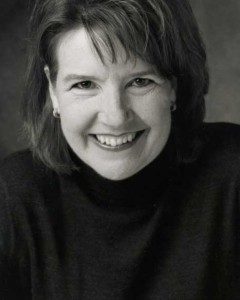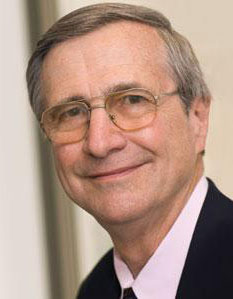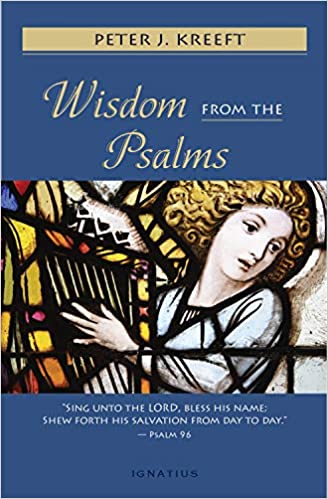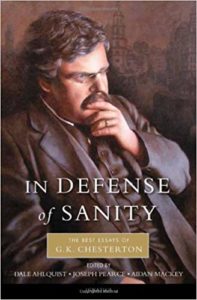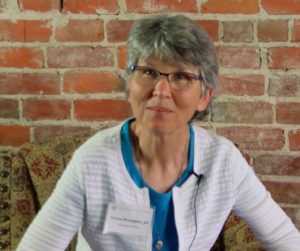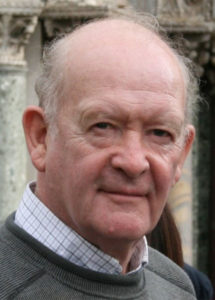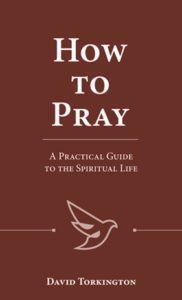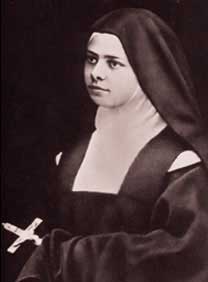Podcast: Play in new window | Download (Duration: 6:27 — 9.0MB) | Embed
Subscribe: Apple Podcasts | Spotify | Amazon Music | Android | Pandora | iHeartRadio | JioSaavn | Podchaser | Gaana | Podcast Index | Email | TuneIn | Deezer | Anghami | RSS | More
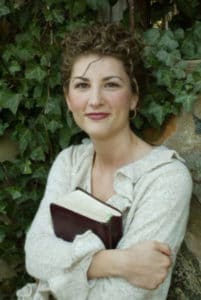
King of the Holy Family and Prince of the Church – Episode 3 – St. Joseph with Sonja Corbitt
St. Joseph is stepping into a more visible role in the Church right now, and inviting you to develop a relationship with him. In learning about his roles as prophet, priest, and king of the Holy Family and prince of the Church, we get to know him more personally, and how he operates in those roles on our behalf. In conclusion of our series, I’d like to leave you with a list of prayers for the Year of St. Joseph, here at this link.
For other episodes in this series, visit the Discerning Hearts Sonja Corbitt page
Be sure to visit Bible StudyEvangelista webpage at: https://www.biblestudyevangelista.com
LOVE the Word™ is a Bible study method based on Mary’s own practice.
Listen (Receive the Word.)
Observe (Connect the passage to your life and recent events.)
Can you discern St. Joseph’s activity in your life through his roles of protector, provider, and guide? What do you want to say to him about that?
Verbalize (Pray about your thoughts and emotions.)
Remembering that He loves you and that you are in His presence, talk to God about the particulars of your O – Observe step. You may want to write your reflections in your LOVE the Word® journal. Or, get a free journal page and guide in the right-hand margin.
Entrust (May it be done to me according to your word!)
Remember, O most pure spouse of the Blessed Virgin Mary, my great protector, Saint Joseph, that no one ever had recourse to your protection, or implored your aid without obtaining relief. Confiding therefore in your goodness, I come before you. Do not turn down my petitions, foster father of the Redeemer, but graciously receive them. Amen +
READ THE TRANSCRIPT
Click here for a written transcript of this episode.
Visit here for more on Sonja’s “LOVE the Word” journal
Also:
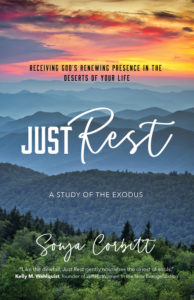


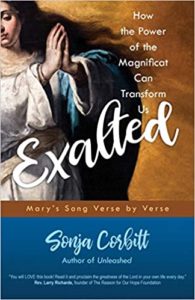


 Dr. Lilles continues the spiritual explorations of the Letters of St. Elizabeth of the Trinity. In this episode, we discuss letter 158, with a special focus on the nature of mystical and contemplative prayer as described below:
Dr. Lilles continues the spiritual explorations of the Letters of St. Elizabeth of the Trinity. In this episode, we discuss letter 158, with a special focus on the nature of mystical and contemplative prayer as described below:

 Msgr. Esseff shares an encounter with a couple he met while traveling home after time with family. Tom and Mary shared their important encounters with God over the course of their 36 years of marriage. Each story speaks of our times and how relevant it is for our lives to allow Christ to be King of our hearts…that is how He will reign in this world. Msgr. Esseff then reflects on how God answers prayers and why we say “Your will be done”.
Msgr. Esseff shares an encounter with a couple he met while traveling home after time with family. Tom and Mary shared their important encounters with God over the course of their 36 years of marriage. Each story speaks of our times and how relevant it is for our lives to allow Christ to be King of our hearts…that is how He will reign in this world. Msgr. Esseff then reflects on how God answers prayers and why we say “Your will be done”.
